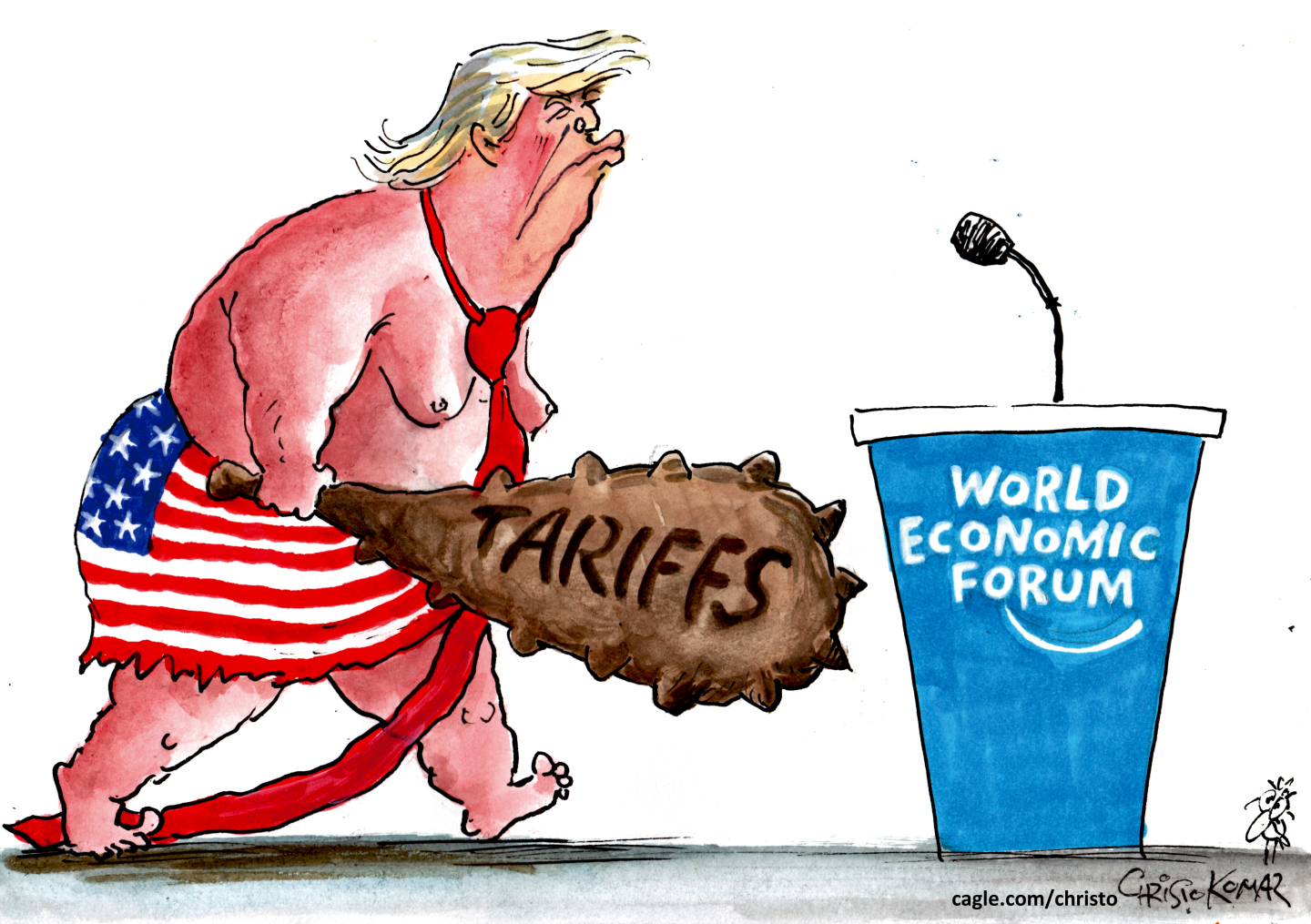JPMorgan's shocking $2 billion loss: Proof we need stronger financial reform?
Four years after the financial crisis, another major bank gets caught making huge, risky bets that went sour. Critics say it's time for a serious crackdown

On Thursday, JPMorgan Chase CEO Jamie Dimon revealed that the banking giant lost a whopping $2 billion due to a massive trade that went sour, and that the losses could climb by another $1 billion in the coming days. Dimon attributed the loss to "errors, sloppiness, and bad judgment," and asserted that "we will fix it and move on." But critics of the financial industry say the loss is more than a mere error, and that JPMorgan is engaging in precisely the type of risky behavior that brought the financial system crashing down in the fall of 2008. Specifically, the loss stemmed from a complex deal involving credit default swaps — insurance-like contracts that essentially allow firms to bet on whether a given asset will rise or fall. They have been described as "weapons of financial mass destruction," and in 2010, Congress passed the so-called Volcker rule, part of the Dodd-Frank Act, to prevent companies from using their own money to make such bets. However, the Volcker rule has yet to be implemented, and banks continue to lobby against it. Will JPMorgan's loss rejuvenate the push for financial reform?
The necessity for reform has never been more apparent: This mess "reveals how fragile and opaque the banking system continues to be," says former Labor Secretary Robert Reich at his blog. Dimon led the charge in "vehemently and loudly" opposing the Dodd-Frank Act, insisting that the "near-meltdown of 2008 was a perfect storm that would never happen again." And now JPMorgan "recapitulates the whole debacle," evidence that we can't hope that "Wall Street will mend itself." This proves that the government must strengthen financial reform.
"How JPMorgan Chase has made the case for breaking up the big banks and resurrecting Glass-Steagall"
The Week
Escape your echo chamber. Get the facts behind the news, plus analysis from multiple perspectives.

Sign up for The Week's Free Newsletters
From our morning news briefing to a weekly Good News Newsletter, get the best of The Week delivered directly to your inbox.
From our morning news briefing to a weekly Good News Newsletter, get the best of The Week delivered directly to your inbox.
Sadly, banks will always find loopholes: Dimon insists that the trade would have been legal even if the Volcker rule were in place, says Dashiell Bennett at The Atlantic. That's because the Volcker rule allows hedging, or making a bet that offsets the risk of another investment. It's a "loophole big enough to drive a $2 billion truck through," and an indication that the Volcker rule has "already failed miserably." It's possible that "a bank the size of JPMorgan simply can't be regulated in any way that matters," and will always find a way to get around "those trying in vain to control our financial giants."
"Does the latest failure of bank regulation mean banks can't be regulated?"
Maybe because lawmakers are influenced by Wall Street cash: It's clear that the government shouldn't allow Wall Street to remain a massive "gambling parlor," says Peter Cohan at Forbes. And Dimon, an anti-regulation champion, "has planted his foot firmly into his big mouth." But this will only be a "short-term embarrassment" for financial firms. Wall Street gives tons of cash to politicians, and "money like that speaks louder to policymakers than the interests of everyone who deposits their money in a bank and hopes not to have it wiped out by Wall Street's bad bets."
"Dimon Principle: Open mouth, insert $2 billion foot"
A free daily email with the biggest news stories of the day – and the best features from TheWeek.com
-
 Ryanair/SpaceX: could Musk really buy the airline?
Ryanair/SpaceX: could Musk really buy the airline?Talking Point Irish budget carrier has become embroiled in unlikely feud with the world’s wealthiest man
-
 Claudette Colvin: teenage activist who paved the way for Rosa Parks
Claudette Colvin: teenage activist who paved the way for Rosa ParksIn The Spotlight Inspired by the example of 19th century abolitionists, 15-year-old Colvin refused to give up her seat on an Alabama bus
-
 5 contentious cartoons about Donald Trump at Davos
5 contentious cartoons about Donald Trump at DavosCartoons Artists take on weaponized tariffs, a cheeky offering, and more